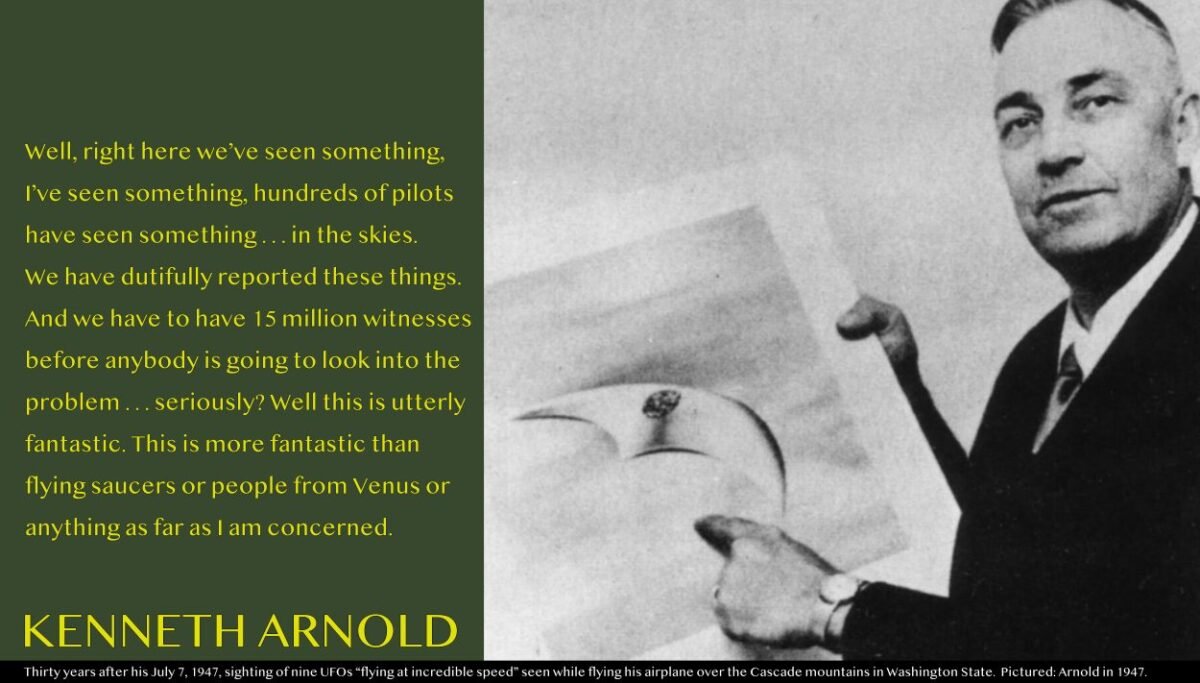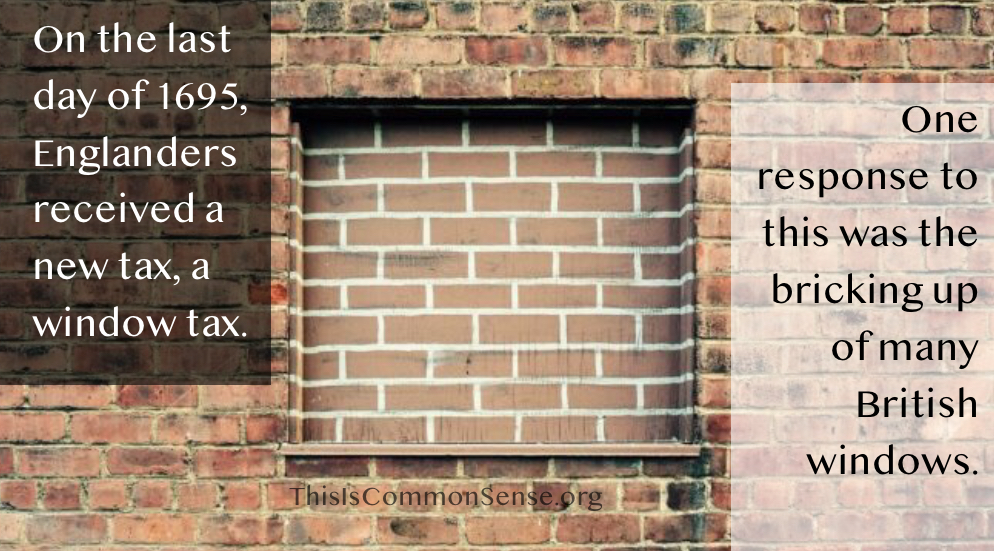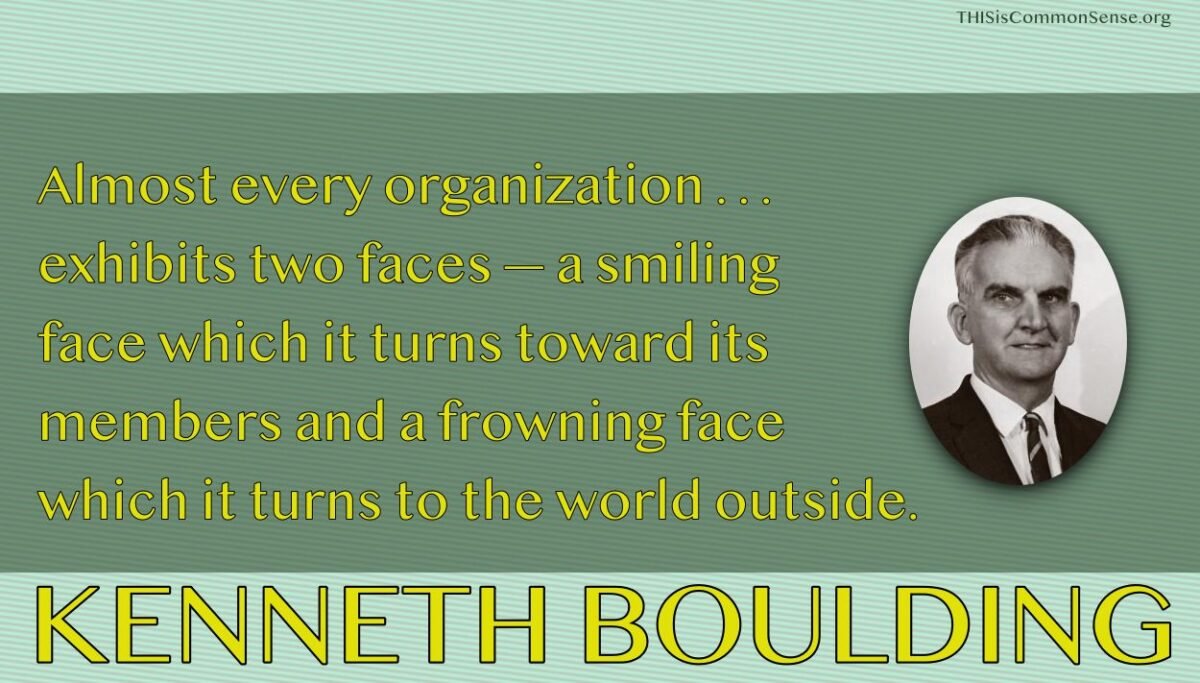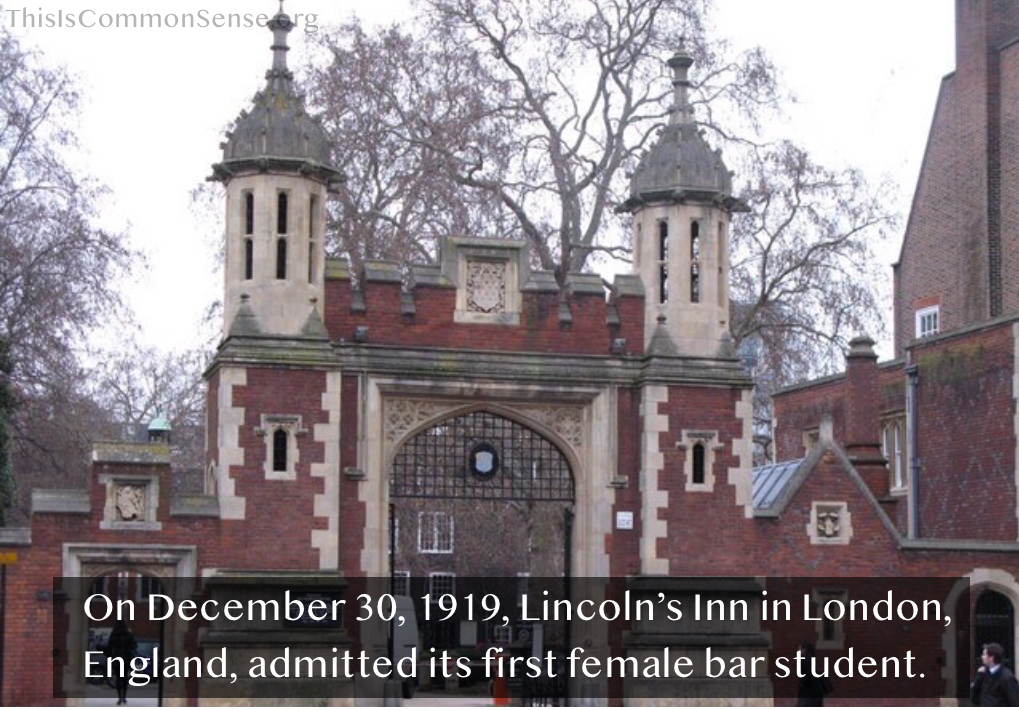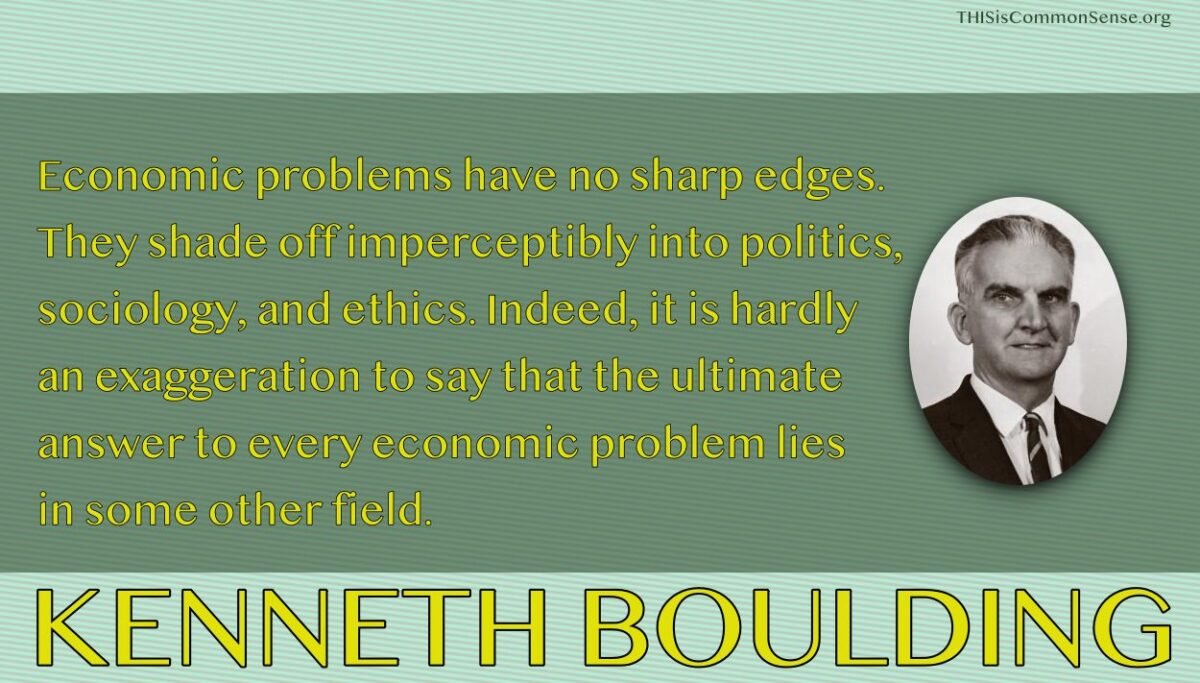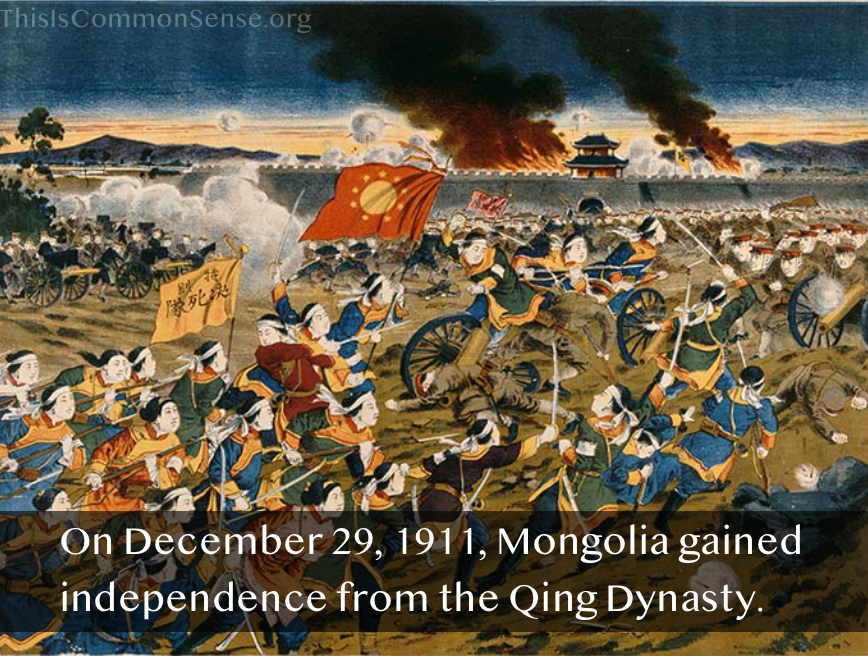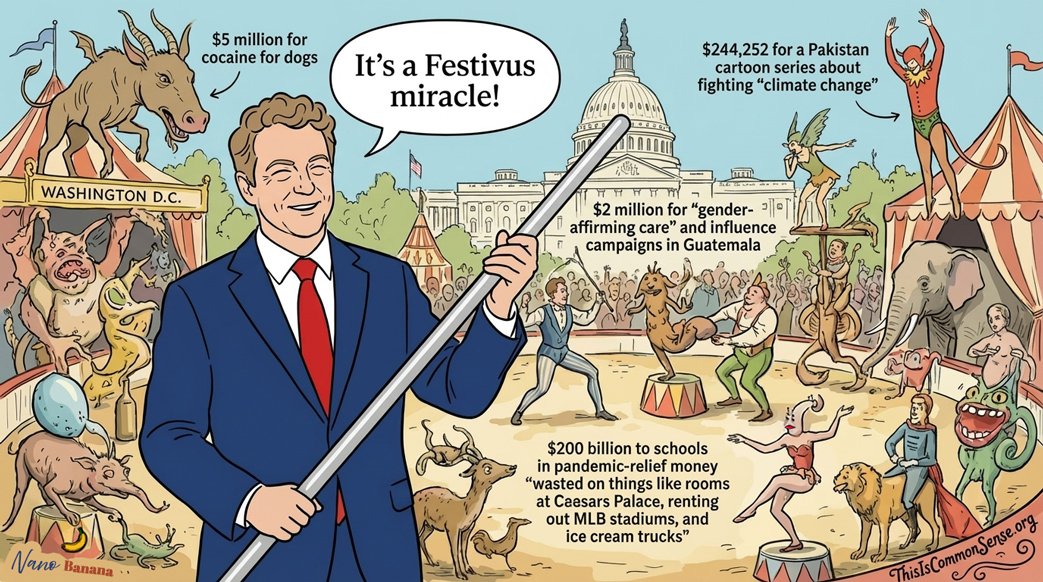Not long ago we were screamed at: “Trust the Science!”
So those of us paying attention came to distrust the scientists.
Especially “scientists” in positions of political power.
Sadly, tragically, more than one scientific discipline has been perverted in shockingly non-scientific ways. A hidebound denialism about new data has crept in. Sure, it is about the money, but often we catch a whiff of ideology.
This is apparently the case regarding astronomy — about which Harvard astrophysicist Abraham “Avi” Loeb offered testimony on a recent podcast.
In 2014, a meteorite (CNEOS 2014-01-08) splashed into the Pacific Ocean — too fast to be solar-system native, says the U.S. Space Command. Without investigating, a published paper dismissed the evidence, discouraging further inquiry; Avi Loeb, on the other hand, led a team to the site, producing evidence from the ocean floor as well as an actual research paper.
Loeb’s first paper on the current obsession, the third officially recognized interstellar object, 3I/ATLAS, was published only on the condition he took out his killer final sentence — about the possibility that the object might be technological in nature (as its anomalies suggested).
Loeb appeased the editor … and then wrote a whole new article on that unspeakable (alien tech) possibility — for another journal.
NASA’s also infected. After watching a recent press conference by NASA on 3I/ATLAS, Loeb argued it would have been better to have actual scientists field questions rather than feature NASA bigwigs dutifully reciting the currently acceptable (safe?) determination that the object is “just a comet.”
“The intellectual climate, right now in Academia, is such that any new knowledge is resisted by experts,” Dr. Loeb explains.
That’s the opposite of science.
This is Common Sense. I’m Paul Jacob.
PDF for printing
Illustration created with Nano Banana
See all recent commentary
(simplified and organized)
See recent popular posts
